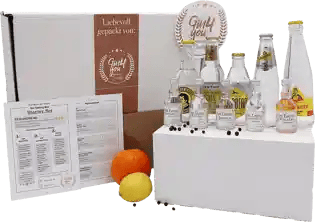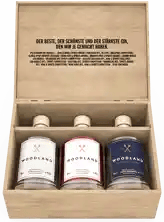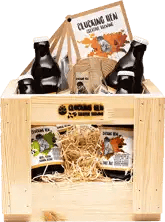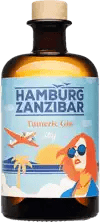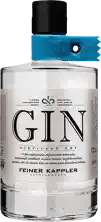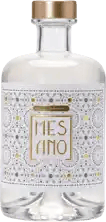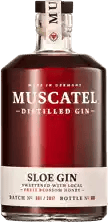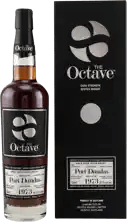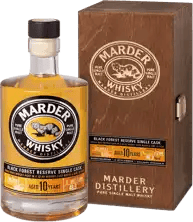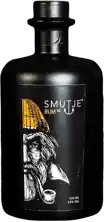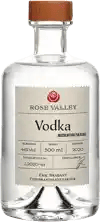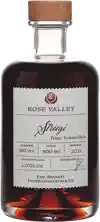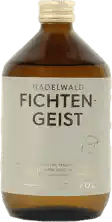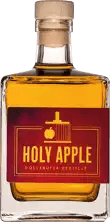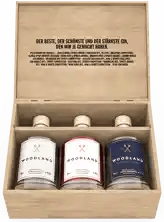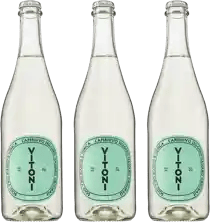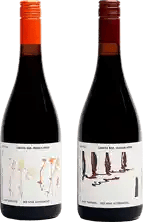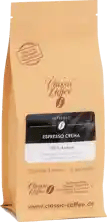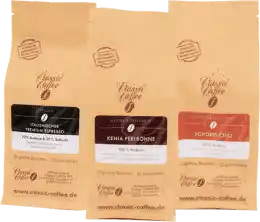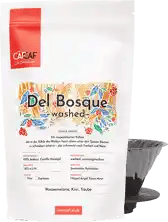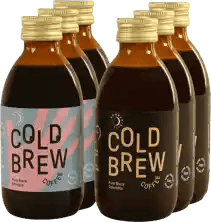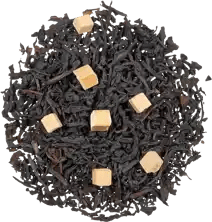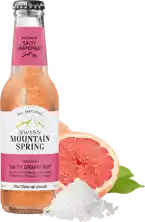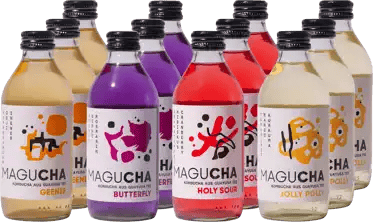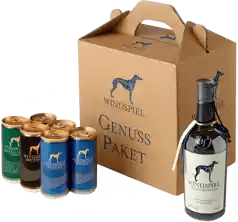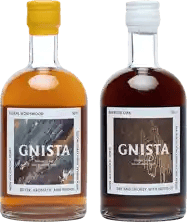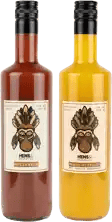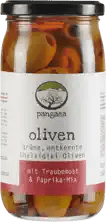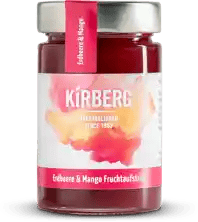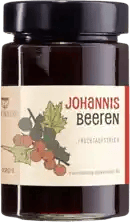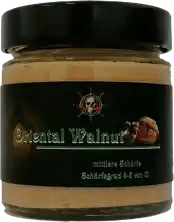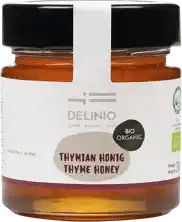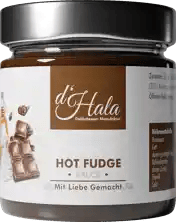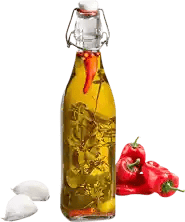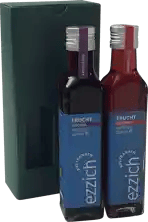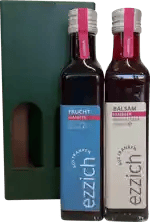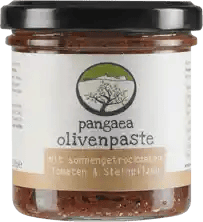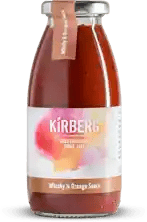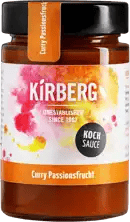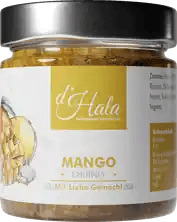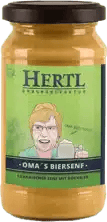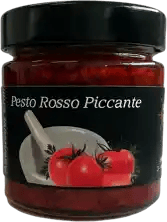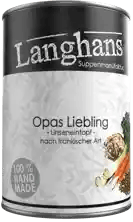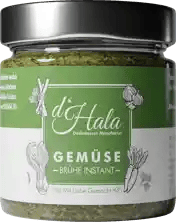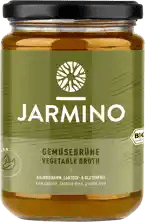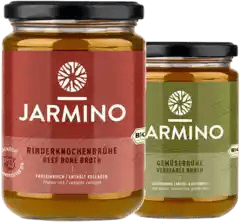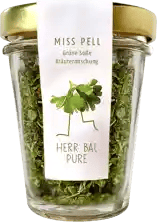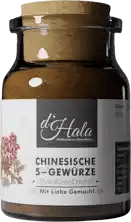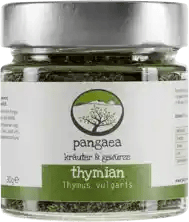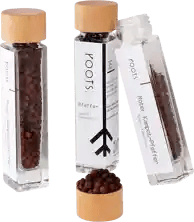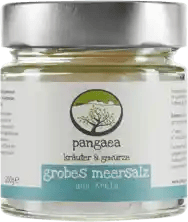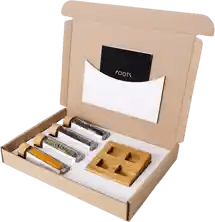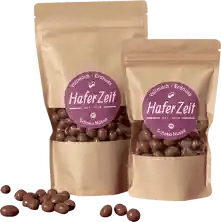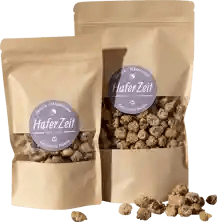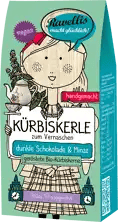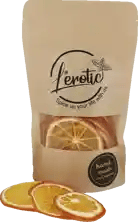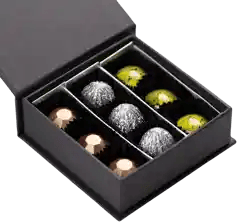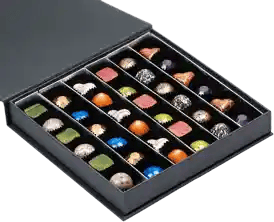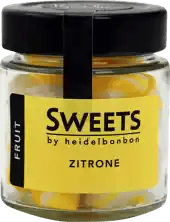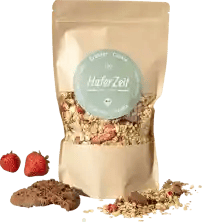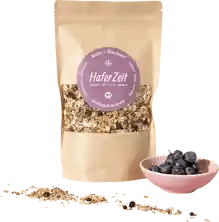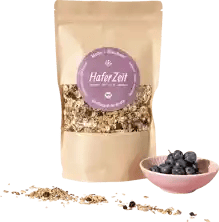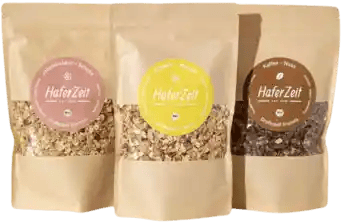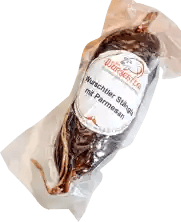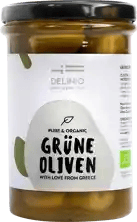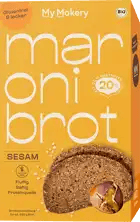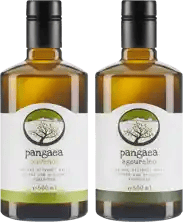Quality instead of quantity!
7,000 independent products
No mainstream
7,000 independent products
Buy herbal liqueur at Honest & Rare
At Honest & Rare you will find an exquisite selection of herbal liqueurs made from the finest natural ingredients by small, passionate producers. Our range includes both traditional recipes and modern interpretations that reflect the rich diversity of this unique spirits segment. Discover herbal liqueurs that have been brewed with care and dedication to offer you an authentic taste experience without artificial additives.
What is herbal liqueur?
Herbal liqueur is not only a stimulant, but historically has often been associated with the idea of health and well-being. Many herbal liqueurs were originally created as a medicine to benefit from the digestive, soothing or even restorative properties of certain herbs and spices. Today, they are appreciated both for their enjoyment value and their potential health benefits.
History and tradition
The tradition of herbal liqueurs goes far back in history and is rooted in many cultures. From the monasteries of the Middle Ages, who used their knowledge of medicinal herbs in their production, to the alchemists of the Renaissance, who searched for the elixir of life, herbal liqueurs have a rich past. In many regions of Europe, specific recipes developed that were often passed down from generation to generation as well-kept secrets. These historical roots are reflected in the variety and depth of the herbal liqueurs that can be enjoyed today.
Production
The production of herbal liqueurs is a meticulous process that requires craftsmanship, tradition and a deep understanding of the natural ingredients. Every step, from the selection of herbs to the bottling of the liqueur, is designed to create a product of the highest quality and unique flavor.
The production process
- Maceration: The selected herbs and spices are infused in alcohol to extract their aromas and active ingredients. Depending on the recipe, this step can take anywhere from a few days to several weeks.
- Distillation: Some herbal liqueurs are distilled to produce a finer, purer aroma. The distillation process makes it possible to concentrate the essence of the ingredients.
- Sweetening: After maceration and/or distillation, sugar or other natural sweeteners are often added to the liqueur to soften the bitterness and round off the flavor profile.
- Maturation: Some herbal liqueurs are matured in barrels after production to further develop and refine their flavor.
- Filtration and bottling: Before bottling, the liqueur is filtered to remove residual herbs and clouding agents. It is then bottled and ready to enjoy.
Which herbs are used in herbal liqueurs?
A selection of the most commonly used herbs and ingredients in herbal liqueurs:
- Wormwood (Artemisia absinthium): Known for its use in absinthe, wormwood adds a characteristic bitterness and complexity to herbal liqueurs.
- Aniseed and star anise: Both add a sweet, spicy note reminiscent of licorice and are often found in Mediterranean and Oriental liqueurs.
- Fennel: Similar to aniseed, fennel adds a sweet spice and aids digestion.
- Angelica (Angelica): Valued for its earthy, spicy aroma and is considered to aid digestion.
- Lemon balm (Melissa officinalis): Adds a fresh, lemony note and is known for its calming properties.
- Mint: Adds a cool, refreshing note and is particularly popular in liqueurs used as a digestif.
- Lavender: Provides floral notes and a touch of the South of France in the bottle.
- Chamomile: Valued for its calming and anti-inflammatory properties, it adds a gentle, floral note to the liqueur.
- Cinnamon and nutmeg: Spices that bring warmth and depth, often used in winter or festive liqueurs.
- St. John's wort: Known for its mood-lifting properties, it adds a subtle, slightly bitter note.
- Gentian root: Gives a strong bitterness and is a classic ingredient in many Alpine liqueurs.
How to enjoy herbal liqueurs: Pure, on ice or in cocktails
Herbal liqueurs are a real treat due to their aromatic diversity and depth of flavor. The way they are enjoyed can vary greatly and offers the right thing for every occasion and taste. Whether pure, on ice or as a creative base for cocktails - herbal liqueurs can be enjoyed in a variety of ways.
Pure: Drinking herbal liqueur in its pure form is the best way to experience the full range of its aromas and nuances. Served at room temperature, the complex flavor profile unfolds best. A small liqueur glass is enough to appreciate the essence of the liqueur.
On ice: For a more refreshing version, herbal liqueur can also be served on ice. The ice not only cools the liqueur but also dilutes it slightly, which can bring out the flavors in a more subtle way. This method is particularly popular in summer when people are looking for a cool refreshment.
In cocktails: Herbal liqueurs are an excellent ingredient for cocktails as they add depth, complexity and unique flavors. They can be used in classic recipes or as a base for experimental creations. Herbal liqueurs complement a variety of mixers, from simple tonic water to tart citrus juices, and open up endless possibilities for creative cocktail artistry.
Tips for enjoyment:
- Start with a small sip to explore the aroma and flavor of the herbal liqueur on your tongue.
- Experiment with different temperatures and discover how the taste differs at room temperature compared to the chilled version.
- Combine herbal liqueurs with other spirits and ingredients to create personal favorite cocktails.
Herbal liqueurs offer a wonderful range of flavors to explore. At Honest & Rare, you will find a carefully selected collection of herbal liqueurs that provide exceptional enjoyment both on their own and in cocktails. Discover the world of herbal liqueurs and be enchanted by their versatility and depth.
Tips for optimal storage
Store in a cool, dark place: Light and heat can have a negative effect on the aromas of herbal liqueurs. A cool, dark place, such as a cupboard or wine cellar, is ideal.
Store upright: Unlike wine, liqueur bottles should be stored upright to minimize contact of the liqueur with the cork, which could affect the taste.
Close properly after opening: To preserve the flavors, the bottle should be tightly sealed after opening. A well-fitting original cap or a special liqueur bottle cap can help to preserve freshness.
Shelf life and quality preservation
Unopened bottles: Unopened herbal liqueurs will keep for several years if stored correctly. Most manufacturers specify a recommended shelf life, but many herbal liqueurs can retain their quality beyond this.
Opened bottles: Once opened, herbal liqueurs gradually begin to lose their intensity and complexity. As a rule, an opened herbal liqueur will remain in good condition for around 6 to 12 months if stored optimally.
Quality check: Changes in color, smell or taste can be signs that a herbal liqueur is no longer in the best condition. A fresh, aromatic scent and taste are indicators of quality.
Frequently asked questions and answers about herbal liqueur
When do you drink herbal liqueur?
Herbal liqueur is often enjoyed as a digestif after a meal to aid digestion. However, it can also be drunk as an aperitif, in cocktails or on special occasions to enjoy the aromatic variety and special properties of the herbs.
Which herbs are used for herbal liqueurs?
A variety of herbs are used for herbal liqueurs, including wormwood, aniseed, fennel, lemon balm, mint, lavender, camomile, cinnamon and nutmeg. The choice of herbs varies depending on the recipe and the intended flavor profile of the liqueur.
Brilliant!

Bitte bestätige deine Anmeldung noch eben - du hast eine Bestätigungsmail von uns. Klicke darin auf den Link. Danach bekommst du deinen Rabattgutschein.

